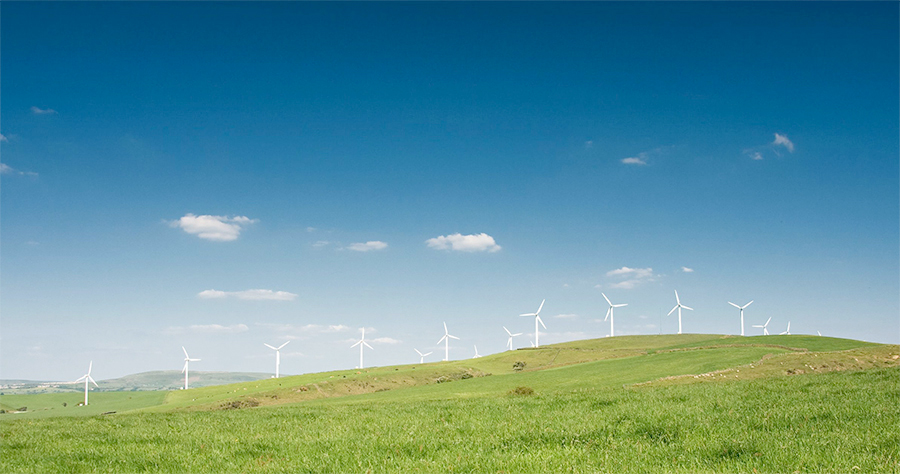
The UK risks losing its place as leader in low carbon technology unless it supports businesses, says a leading business group.
John Cridland, director general of the Confederation of British Industry (CBI), claims the Government is sending out the wrong signals to businesses by cutting back on its support for energy efficient technology.
He says business and the green economy can be part of the climate change solution.
Cuts to subsidies
The Government has recently cut subsidies to both solar and onshore wind, ended Green Deal home energy saving loans, and announced it will no longer aim to have all homes ‘zero carbon’ by 2016.
Mr Cridland says the UK’s green economy has credibility on climate leadership and low carbon investment.
But with the roll-back of renewables policies and a mixed message on energy efficiency, he fears the Government is sending a worrying signal to businesses.
The Paris Summit
In November, the Paris Summit will bring together countries from across the world to try and create a global treaty to tackle rising temperatures.
Mr Cridland says all countries need to pull in the same direction so that businesses will have the platform and confidence to invest in the green economy long term.
Former US vice president and climate campaigner Al Gore has also called for the UK to regain its place as a leader on climate change.
Mr Gore says the UK’s climate change work has been recognised with respect by nations across the world and it’s time for the current Government to live up to this legacy.
Think tank Green Alliance says the UK has a good level of understanding between businesses and campaigners on the issues, but needs to maintain this momentum towards a low carbon economy.
Director Matthew Spencer says there is too much confusion about what the country is currently trying to achieve ahead of the Paris conference.
Andrew Crowther, Energy Consultant in Strutt & Parker’s Resources & Energy team said: “The non-domestic or commercial sector is an important battle ground for reducing UK carbon emissions. 12% of the UK’s total CO2 emissions are produced by the energy used to power and heat non-domestic buildings and today 18% of non-domestic properties fall within the two lowest Energy Performance Certificate (EPC) bands “F” and “G”.
“The Government has targeted these poorly performing buildings with Minimum Energy Efficiency Standard Regulations, the Energy Savings Opportunity Scheme and providing a £6 million budget for phase two of the Electricity Demand Reduction Scheme, so there are certainly still energy efficiency options available.
“Whilst some support mechanisms have been cut for renewable technologies, high energy users in the non-domestic sector may still see favourable financial returns from renewables due to a large proportion of generated energy being used on site, offsetting imported grid electricity or gas costs.
“Prices of renewables may still fall further in response to the cuts, in particular solar PV prices may fall if the EU decides to remove the Minimum Import Price for solar modules when it is reviewed in December.”
